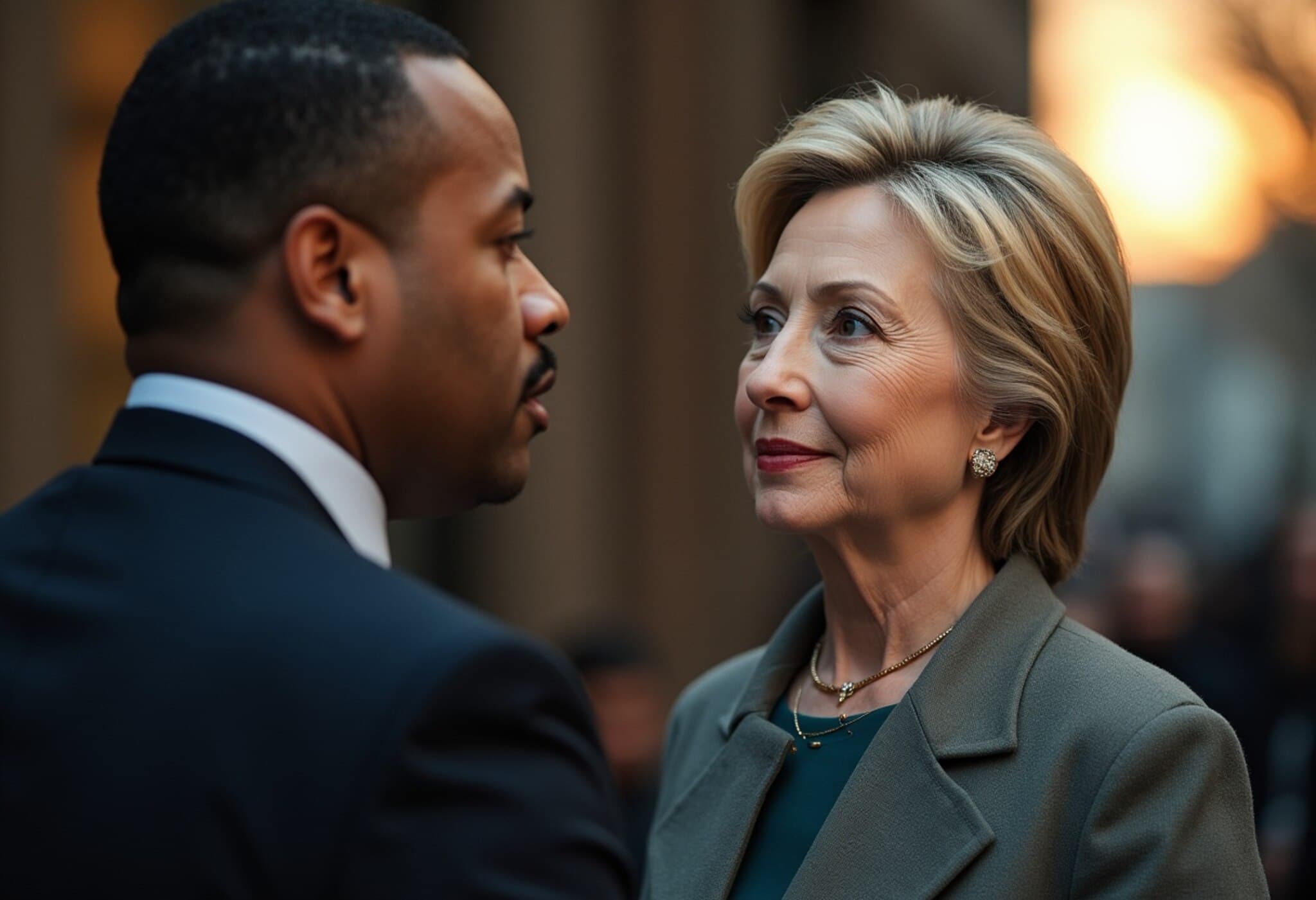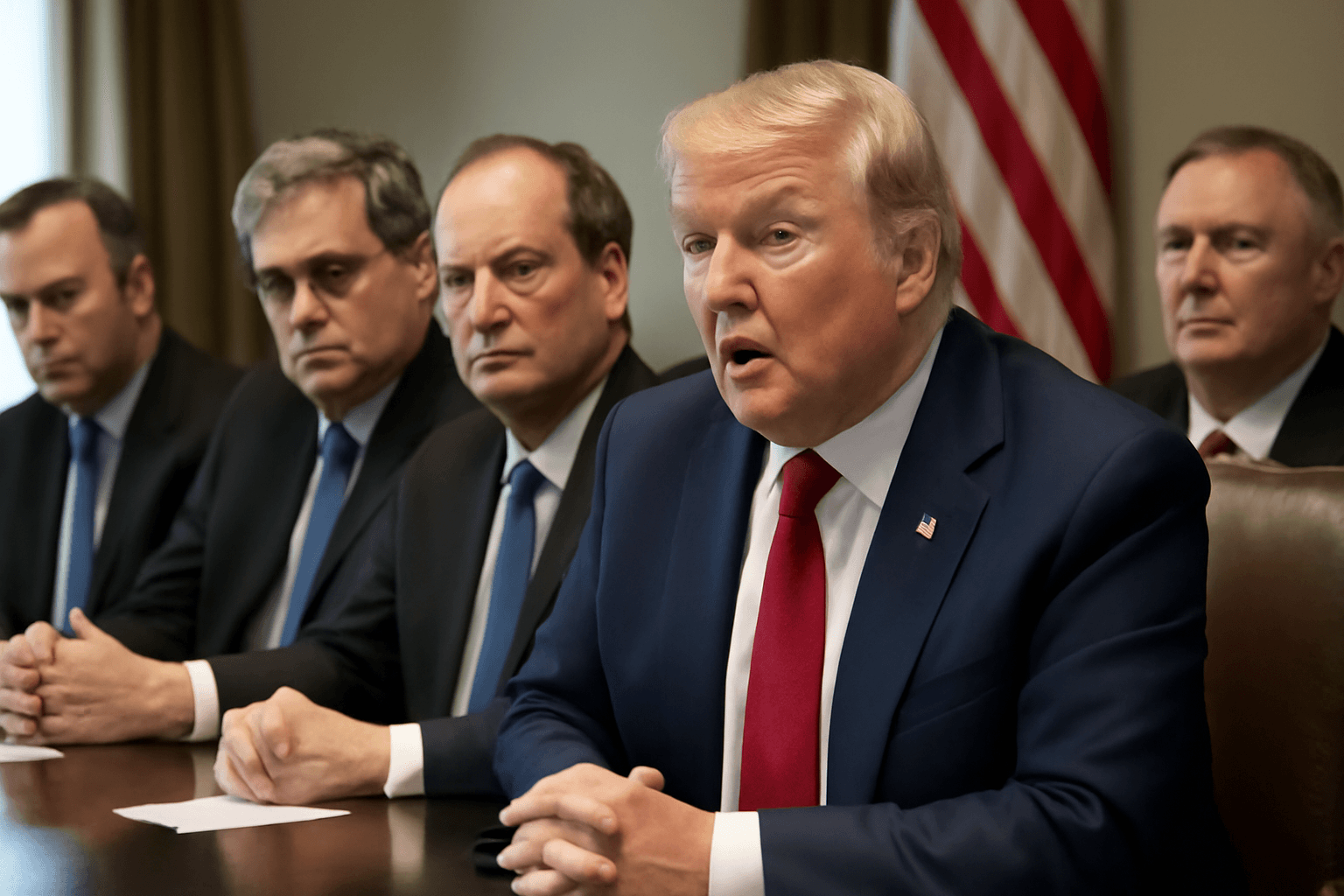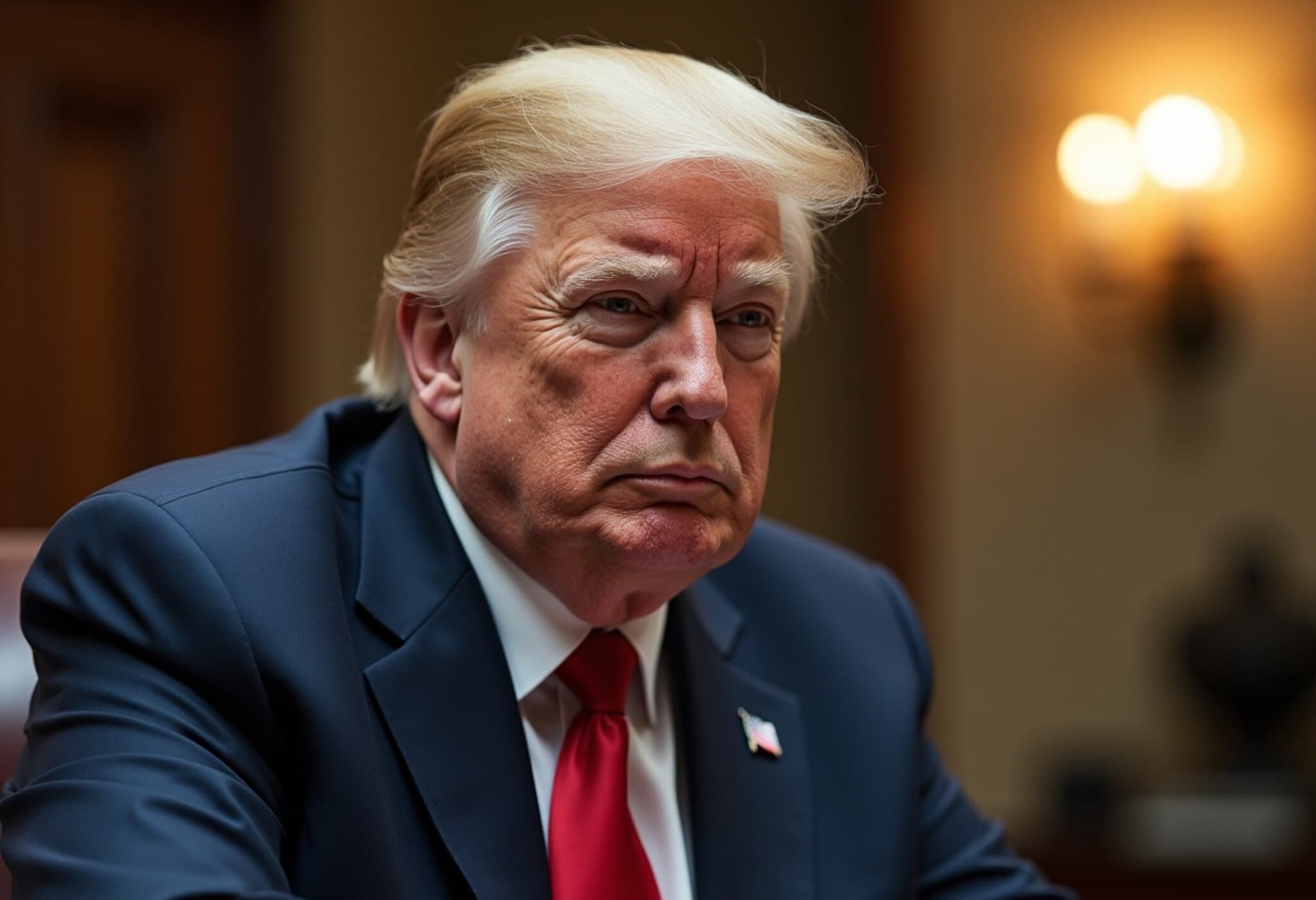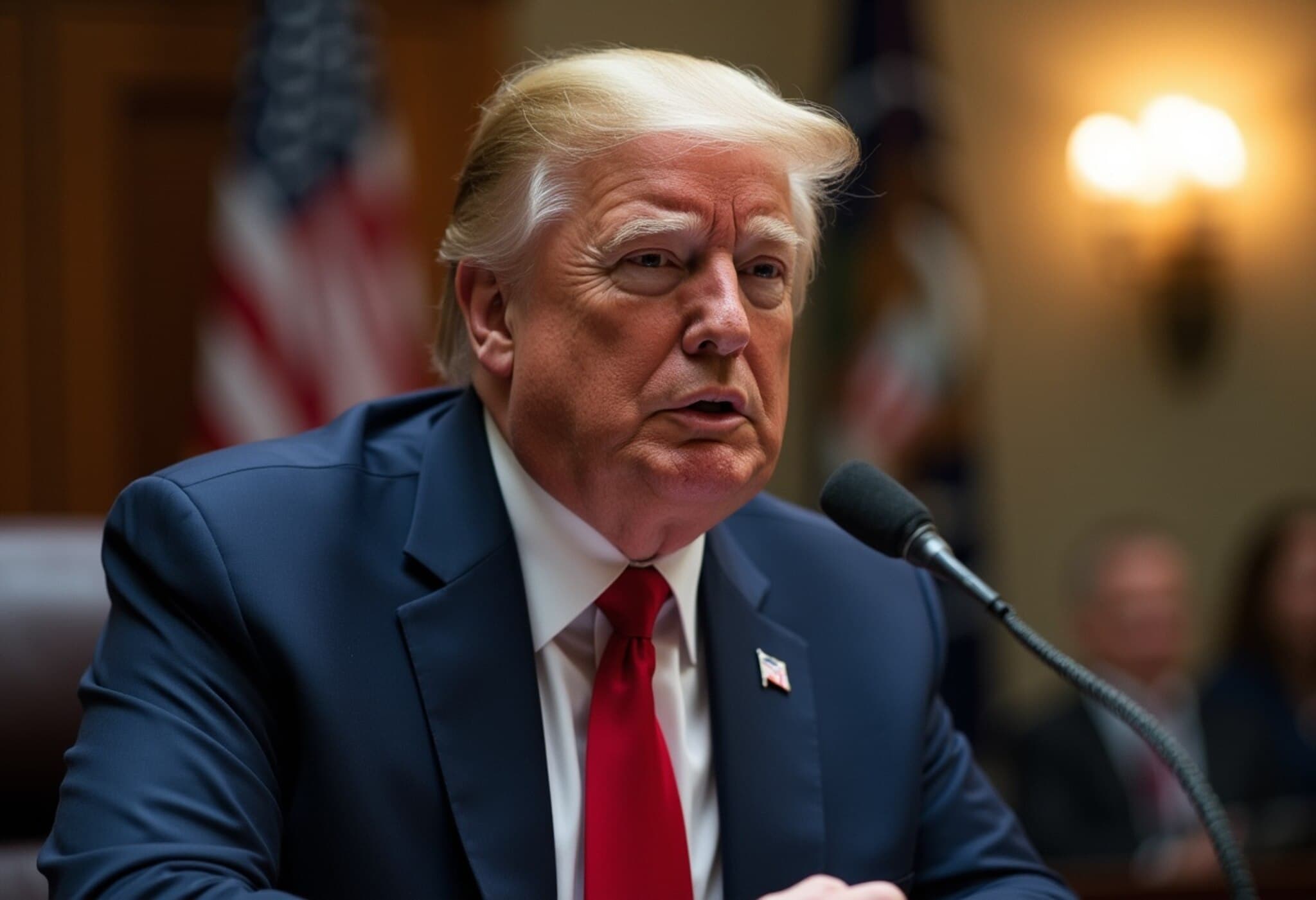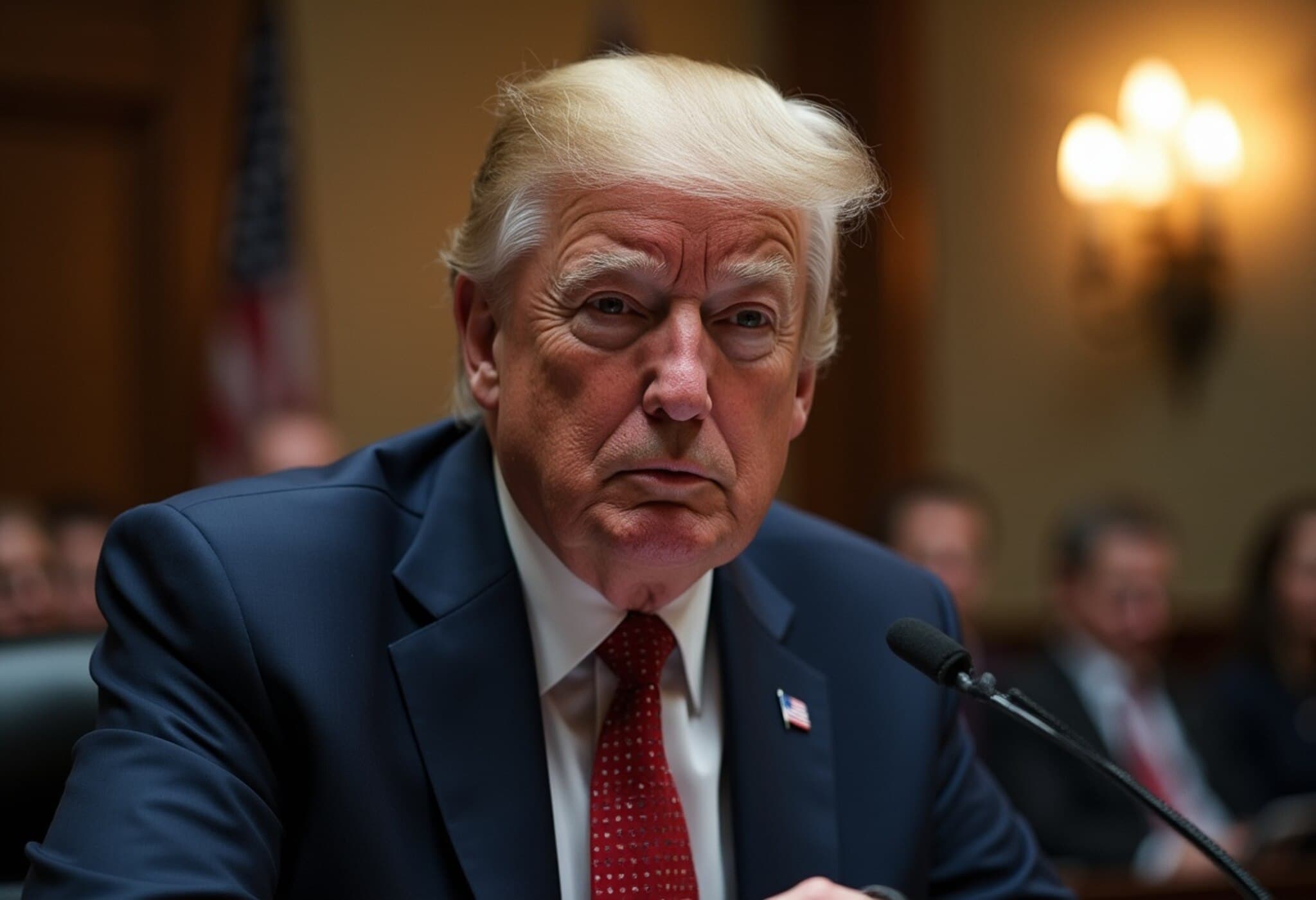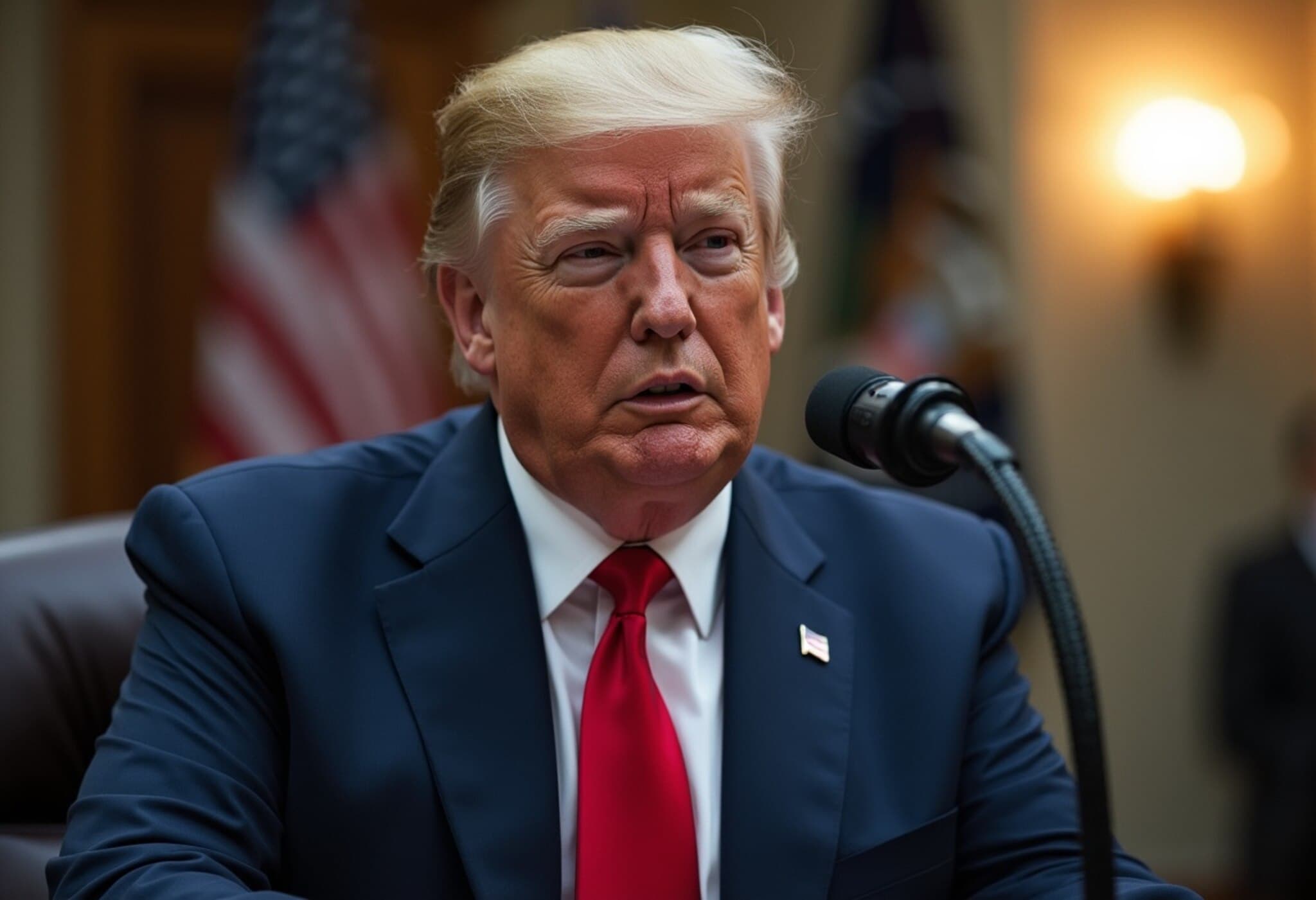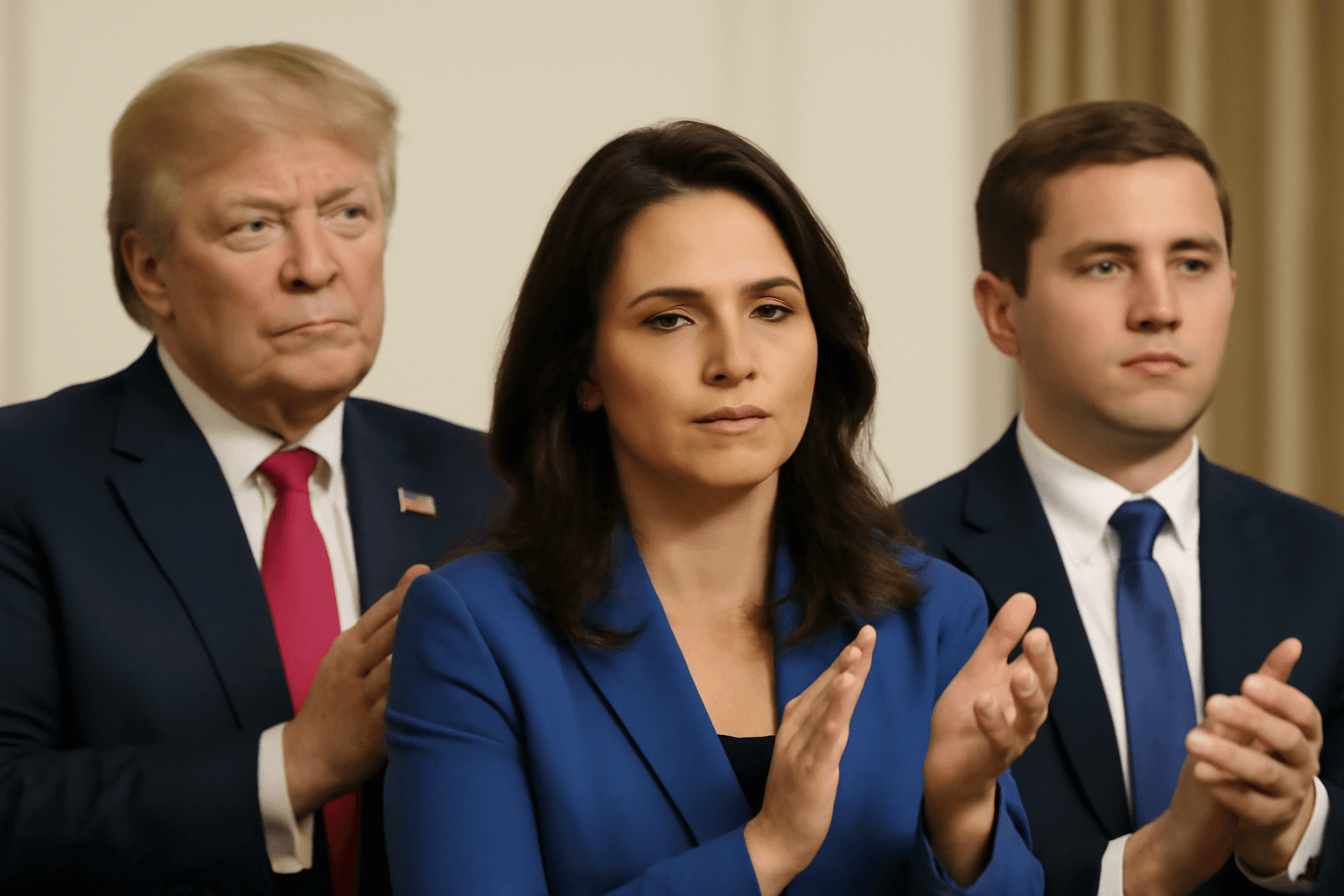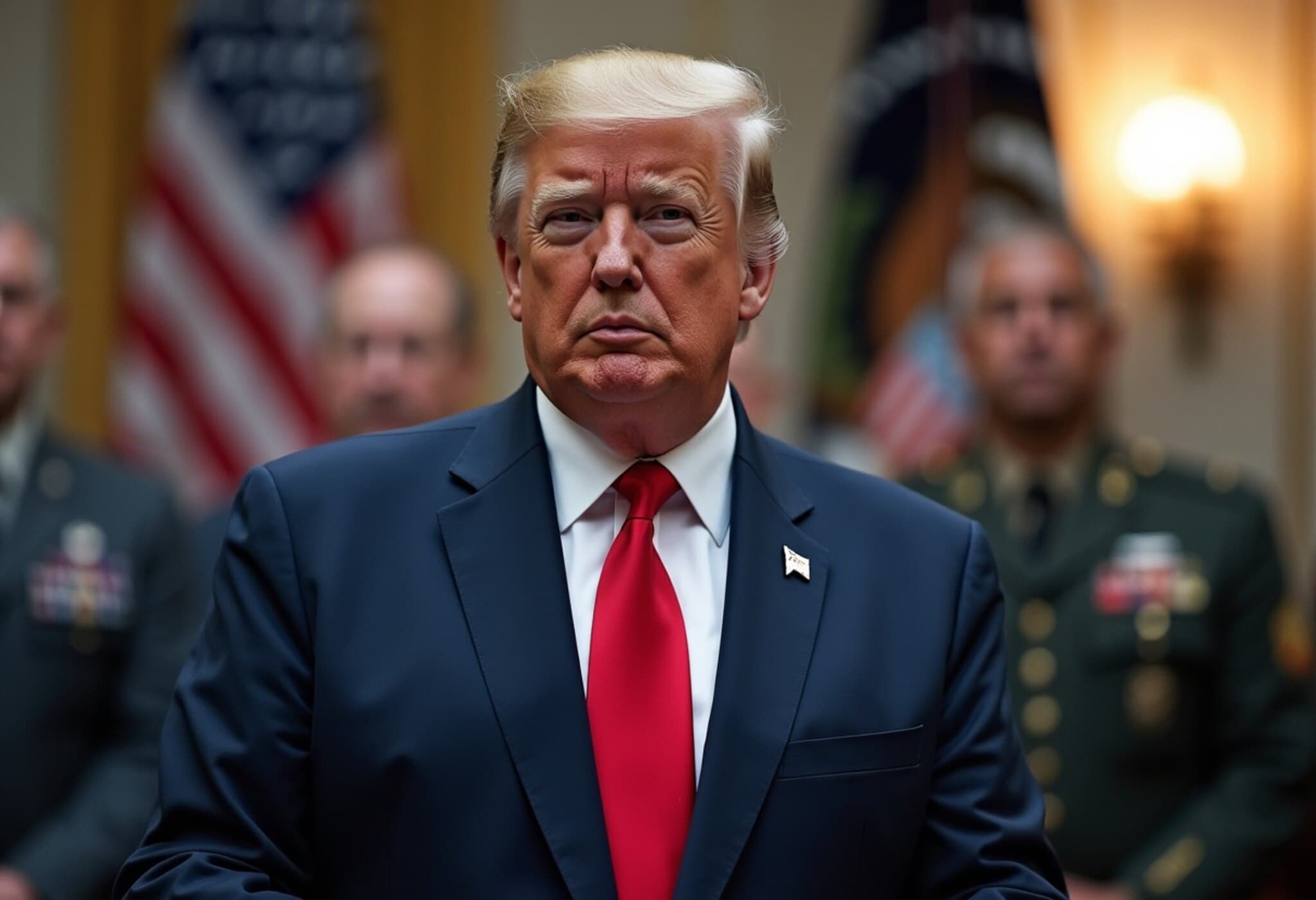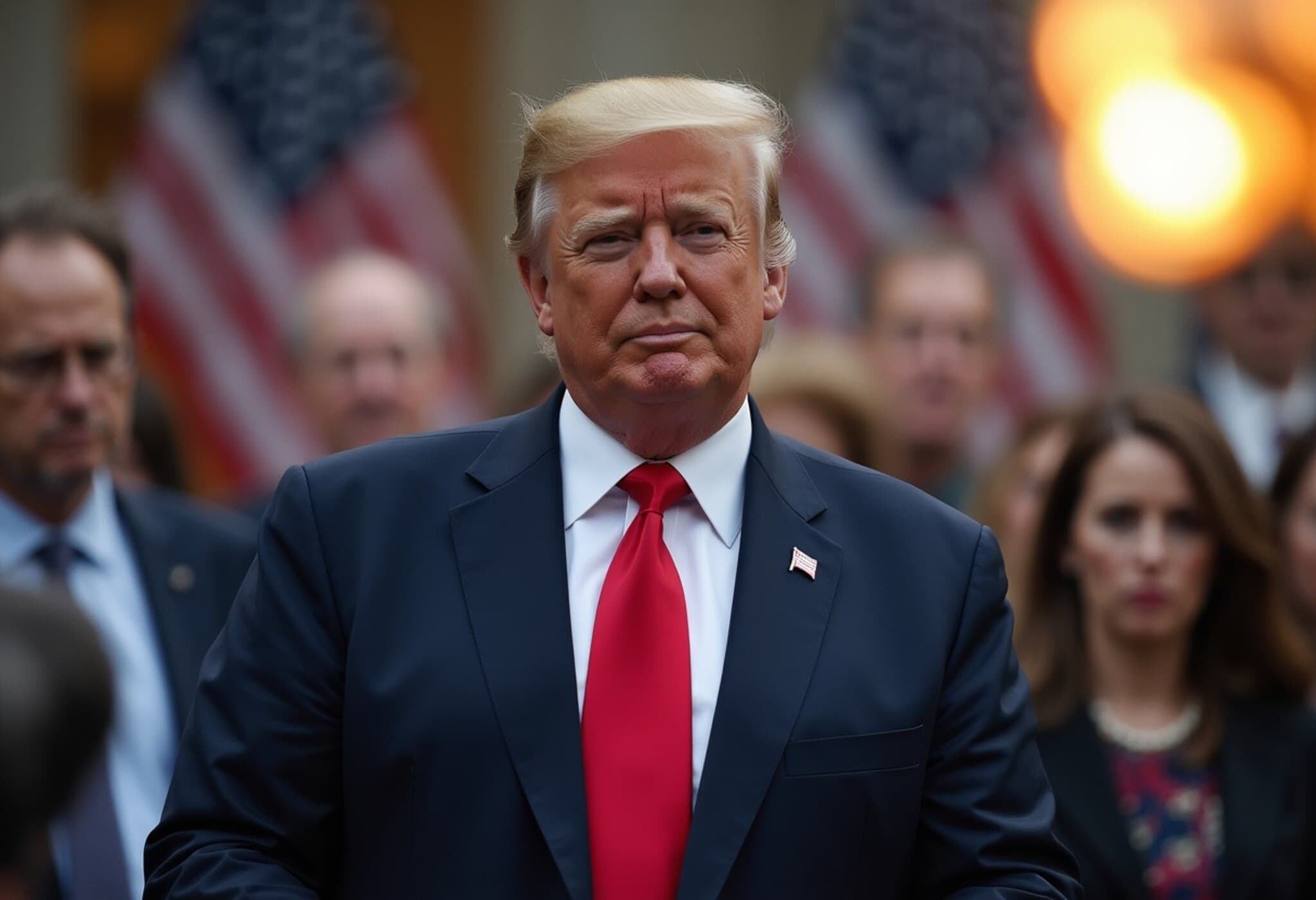Unsealing History: What the New FBI Files Reveal About MLK's Assassination and Clinton's Email Inquiry
In a significant move to shed light on two of America's most politically charged investigations, the Trump administration recently released over 230,000 pages of documents pertaining to the 1968 assassination of civil rights icon Dr. Martin Luther King Jr. and the FBI’s probe into Hillary Clinton’s private email server controversy. This extensive disclosure offers a fresh window into past government actions, investigative lapses, and political complexities still resonating today.
Behind the Files: A Dual Glimpse into Turbulent Eras
Rather than the anticipated release of Jeffrey Epstein-related materials, the administration turned the spotlight on two pivotal moments that have shaped public discourse for decades. One involves the tragic killing of Dr. Martin Luther King Jr., the other, the divisive FBI examination of Hillary Clinton’s conduct as Secretary of State.
Revisiting the King Assassination Investigation
Nearly six decades after King’s assassination on April 4, 1968, these files dig into the meticulous — and often fraught — FBI and federal investigations into the acts surrounding his death. Among the revelations:
- Detailed interviews with James Earl Ray’s associates, including a never-before-heard police interview with James’ brother, Jerry Ray.
- Insight into international intelligence collaborations during the manhunt for Ray, painting a broader picture of global agency involvement amid Cold War tensions.
- Documents covering seemingly mundane yet pivotal details such as Ray’s attendance at dance classes and locksmith training, underlining investigative depth and the human fingerprints behind the suspect.
- Noteworthy deterioration and digitization challenges of older records, emphasizing the difficulties in preserving historical justice documents.
Director of National Intelligence Tulsi Gabbard emphasized the importance of this disclosure on social media, highlighting the nation's right to understand the full context behind a defining moment in civil rights history. Attorney General Pamela Bondi echoed this sentiment, underscoring the Department of Justice's commitment to transparency.
Unpacking the Clinton Email Investigation Files
Alongside the King documents, a smaller but potent release involved 35 pages related to the FBI’s examination of Hillary Clinton’s use of a private email server during her tenure as Secretary of State (2009–2013). These papers rekindle long-standing debates over the investigation's thoroughness and impartiality:
- Senator Chuck Grassley
- The Office of Inspector General's addendum suggests key FBI figures, including Director James Comey and Deputy Director Andrew McCabe, missed critical steps, raising questions about how political influences might have shaped prosecutorial decisions.
- Claims emerged that during the lead-up to the 2016 election, intelligence may have been politically manipulated to deflect from Clinton's probe, entwining this case with broader accusations of election interference narratives.
These revelations fuel ongoing discourse about unequal application of justice in politically charged investigations, juxtaposing this episode against the high-profile Trump-Russia collusion probe, which itself had controversial origins and outcomes.
Contextualizing the Impact: Why These Disclosures Matter Now
This document release must be seen through the prism of lasting social and political tensions gripping the U.S. For many African Americans, understanding the full truth behind King’s assassination is essential not only to historic reckoning but also to current struggles for racial justice. Meanwhile, the Clinton email investigation remains a touchstone in conversations about political accountability and media influence.
Expert legal analysts note that examining the mishandling of classified information in Clinton’s case raises vital questions about standards for government transparency and how political dynamics can interfere with national security considerations.
Underreported Narratives and Critical Questions
- How do the newly declassified King files deepen our understanding of systemic surveillance and federal responses to civil rights activists?
- What do gaps and apparent investigative oversights in the Clinton email inquiry reveal about potential institutional biases within the FBI?
- Do these disclosures suggest a need for reform in how politically sensitive investigations are conducted and overseen?
- How might the international intelligence cooperation in King’s case reshape prevailing narratives about Cold War-era domestic security priorities?
Looking Ahead: Lessons from the Past for Today’s America
The dual disclosures underscore the complex interplay between justice, politics, and history. As America navigates ongoing debates about equity, institutional trust, and constitutional rights, such transparent historical examinations are invaluable. They remind us that uncovering truths is a continual process, requiring vigilance, accountability, and an unwavering commitment to justice.
Editor’s Note
This unprecedented document release invites both reflection and scrutiny. For scholars, policymakers, and citizens alike, it presents an opportunity to revisit cherished narratives and ask tougher questions about governmental conduct, investigative integrity, and their ripple effects on American democracy. It challenges us to consider how history informs our present, and how transparency can fortify public trust in a deeply polarized era.

